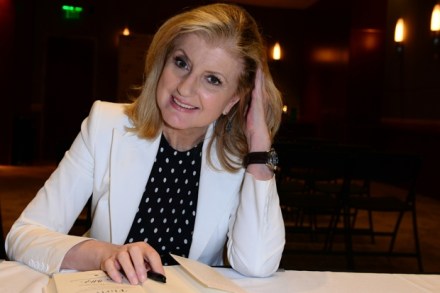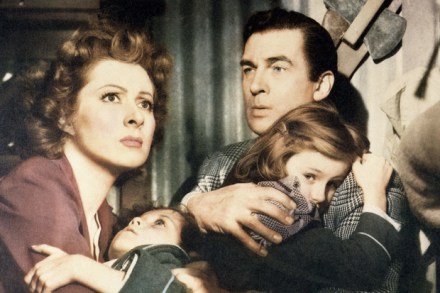Arianna Huffington meets Madame de Menopause
A-Huff’s career has been remarkable for the contrast between hard-headed social advancement (‘the most upwardly mobile Greek since Icarus’) and addle-pated spiritual questing. In this she resembles an older, colder Gwyneth Paltrow, who coincidentally came out with her ‘consciously uncoupling’ corker as I was ploughing my way through Thrive — such a G.P. cookbook title! Like Paltrow, who recently vowed that after years of lying she was ‘starting to get honest: the path to honesty has been one of the most beautiful, painful and interesting lessons of my life’, A-Huff attempts to portray trauma as a lifestyle accessory and growth enhancer. It can’t be a bundle of laughs finding out




















